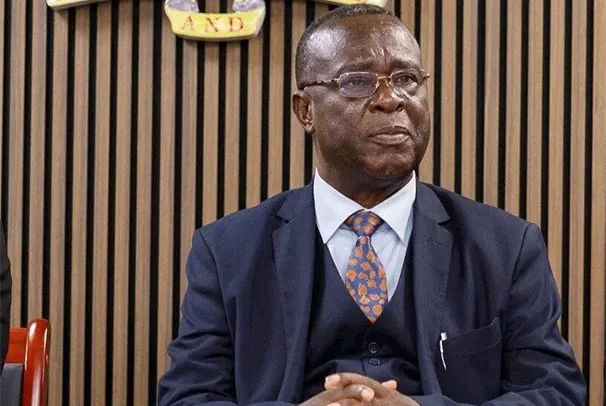Justice Paul Baffoe Bonnie
The Appointments Committee of Parliament will today vet the Chief Justice nominee, Justice Paul Baffoe Bonnie, at the Committee Room of Parliament House in Accra.
The exercise, which is scheduled to start at exactly 11:00 a.m., marks a crucial step in the constitutional process toward confirming the next head of the Judiciary. It follows President John Dramani Mahama’s decision to remove Justice Gertrude Torkornoo from office.
According to a statement from Parliament, public interest in the vetting has been particularly high, given the pivotal role of the Chief Justice in shaping the nation’s legal and judicial direction.
However, the Director of Media Relations of Parliament, David Sebastian Damoah, has stated that attendance at the vetting will be strictly by invitation.
He explained that due to limited space and security considerations, the public will not be admitted into the chamber. Instead, citizens are encouraged to follow the proceedings live on GH Parliament TV and the official social media platforms of Parliament.
The vetting session is expected to feature questions on Justice Baffoe Bonnie’s judicial philosophy, track record, and vision for reforming the administration of justice should he be confirmed as Chief Justice.
Minority Opposition
Meanwhile, the Minority Caucus had earlier sought to delay the vetting process, citing a pending legal challenge by former Chief Justice Torkornoo over her removal.
The Minority Leader, Alexander Afenyo-Markin, had filed a motion requesting the Speaker to suspend the vetting until the court determines the matter.
However, Speaker Alban Bagbin rejected the motion, ruling that it was inadmissible under the Standing Orders of Parliament.
Explaining his decision to the House last Friday, Speaker Bagbin said the Constitution places a continuing duty on Parliament to consider a presidential nomination for Chief Justice, regardless of any court proceedings.
“Article 144(1) of the 1992 Constitution gives Parliament a clear and continuing duty to consider a President’s nomination for Chief Justice. That duty is not conditional on events elsewhere,” he said.
The Speaker stressed that accepting the Minority’s argument would amount to allowing any litigant to “hold Parliament hostage” by filing a case and thereby freezing the work of the Legislature and its committees.
He further stated that judicial independence does not imply legislative paralysis, emphasising that unless there is a specific injunctive order from the courts, Parliament retains full authority to proceed with its constitutional functions.
Speaker Bagbin added that the Supreme Court already has sufficient powers to reverse any unconstitutional action if necessary, assuring that the vetting and approval processes would continue in line with constitutional provisions.
By Ernest Kofi Adu


